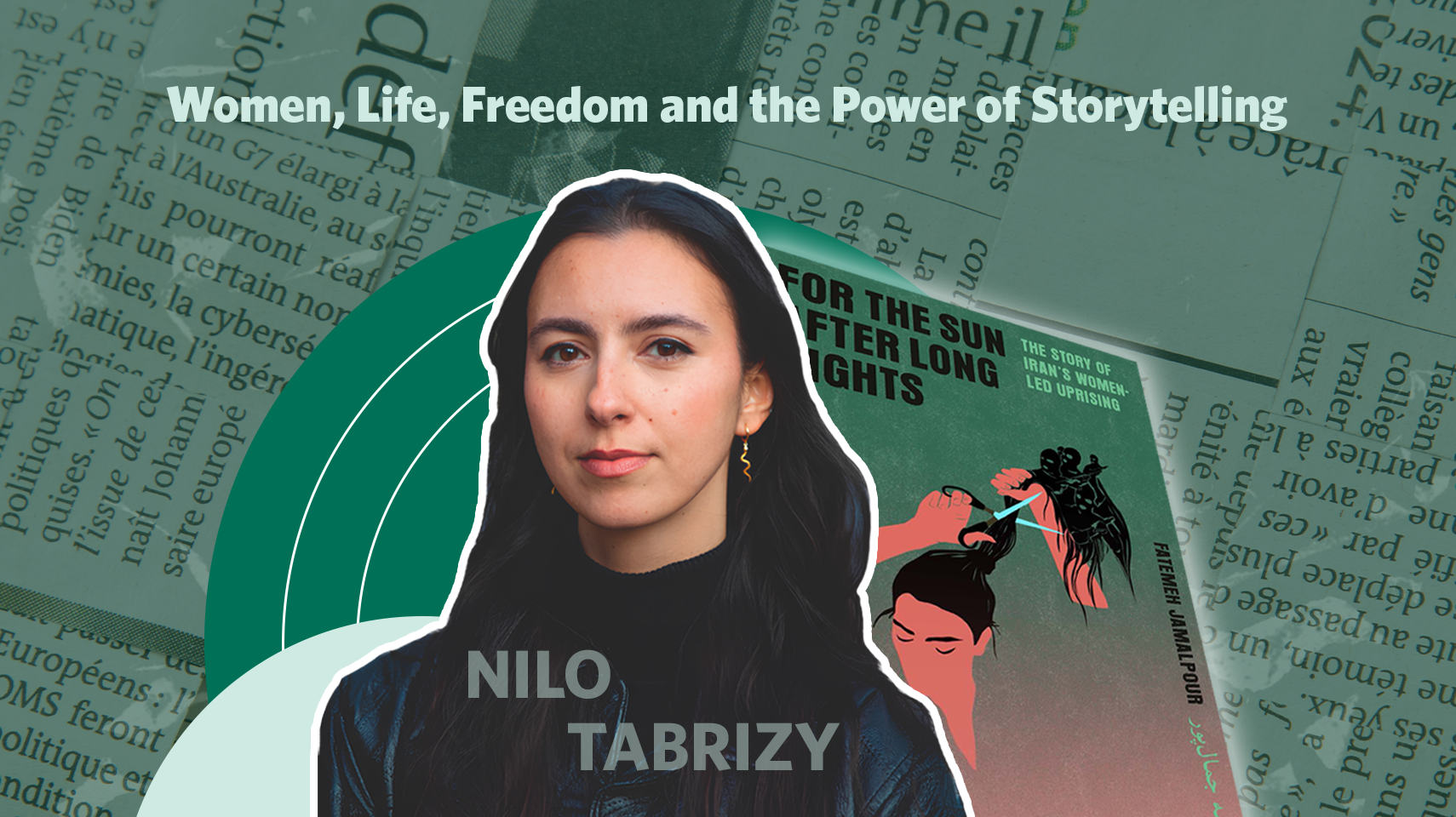

I write this letter the first full day of Joe Biden’s term as President of the United States, which certainly feels like the end of something truly significant, even as it is uncertain how much change will yet unfold.
For those of us who study and teach politics, the previous four years were a particularly astonishing period in which the expected rules and norms of American politics seemed to go by the wayside on a near daily basis. Who can forget Donald Trump dispensing with all decorum by publicly ridiculing other national and world leaders with insults like a grade school bully, and much, much worse, whether in speech or through his often infamous tweets?
Trump broke countless conventions that had tended to govern political discourse and behaviour not only in the US but globally. Well, okay, actually they have been counted, and chronicled – one list published in the Washington Post detailed over 300 norms Trump and his administration broke, which were but 1 percent of some 34,000 entries! And that was before some of the most serious transgressions, including the refusal to concede Biden’s electoral victory, and the shocking spectacle of the assault on the U.S. Capitol building, the symbol and functional seat of American democracy.
The near-death experience of one of the world’s most powerful and oldest democracies leaves us wondering, among so many other questions: Does this show the ultimate resilience of democratic institutions in the end, or their fragility? Could that happen here?
“Does this show the ultimate resilience of democratic institutions in the end, or their fragility? Could that happen here?”
Our faculty will be exploring with students the lessons of these events that come from political science research for years to come, hopefully arming our citizens and future leaders with evidence-based practices to bolster democratic practices in Canada and wherever else they may live.
One such leader is profiled in this issue, our former PhD student Grace Lore who was elected to the B.C. legislature in the fall election: we are proud and reassured that she will be bringing her research-informed insights into the practice of B.C. politics. Another of our PhDs profiled in this issue, Edana Beauvais, will be teaching generations of students in the lower mainland with her recent appointment at Simon Fraser University.
Is Canada any more immune to such disruptive political forces such as brought to us through social media? UBC PhD and current post-doctoral fellow Chris Tenove analyses the role of social media in the 2019 Canadian election in this issue. What does world order look like now post-Trump, and how did we get here? Noted scholar Amitav Acharya will tell us his views during our Mark Zacher Distinguished Visitor lecture this year as noted in this issue.
On behalf of our colleagues, staff and students, I hope you enjoy and are informed by these and other items in this issue, and hope to see you virtually at Dr. Acharya’s talk and our trivia night!
Richard Price
Professor and Head, Department of Political Science


